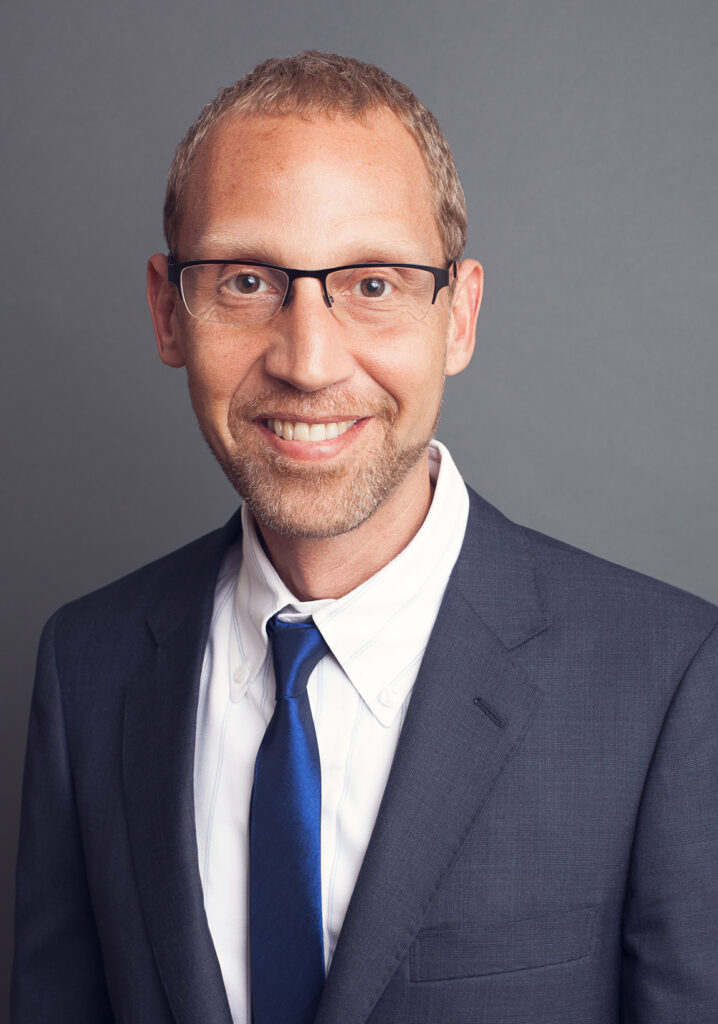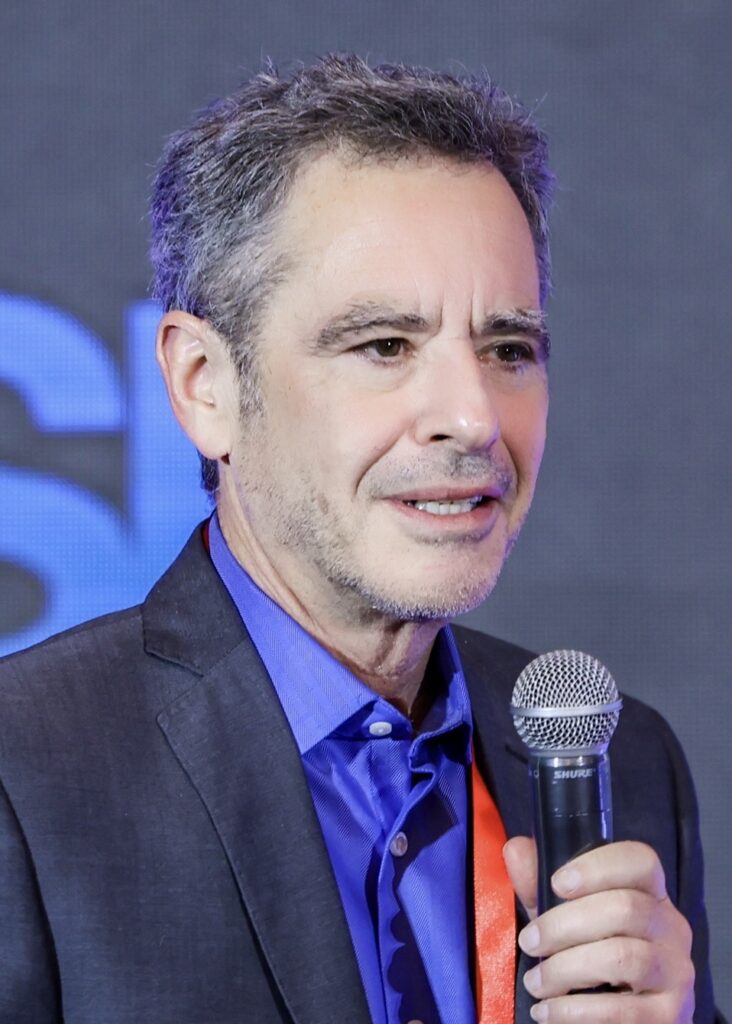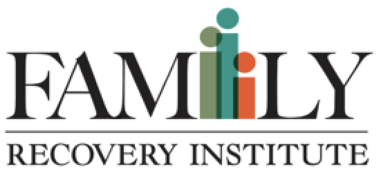Professional mental health and addictions services ethics codes, case law, and regulations are ever changing. With the busy schedules most mental health professionals have, it can be difficult to keep up with these changes. As a result, licensing boards (e.g., the Board of Psychology and the Board of Behavioral Sciences) require regular updates for practicing professionals, and malpractice insurers are encouraging their insured members to regularly engage in continuing education on the topic.
The purpose of this course is to meet and exceed the requirements of regulatory organizations, assist mental health professionals in maintaining competence in this vital area, and in better managing the risks of mental health practice. It will do so by providing a review of key ethical and legal concepts, and delineating recent ethical, regulatory, and other legal changes that affect professional practice in community behavioral health services. The course will be taught at an intermediate level and is appropriate for currently licensed professionals. It meets and exceeds the Board of Psychology’s mandated ethics and law update requirement, and the Board of Behavioral Sciences six-hour update requirement.
Learning Goals and Objectives:
- Describe two areas of personal and professional boundary blurring.
- List three ways to improve multicultural service delivery.
- Understand the need to consider and develop social media policies.
- Describe the current status of SB 1172, the sexual orientation change efforts prohibitions regarding minors.
- Name two recent changes in the Tarasoff standards.
- Describe child abuse statute and related case regarding mandated reporting of the viewing of child pornography.
Daniel O. Taube, JD, PhD earned his JD from Villanova University in 1985 and his PhD in clinical psychology from Hahnemann University in 1987, as a member of the Hahnemann/Villanova Joint Psychology and Law Graduate Program. He is Professor Emeritus at the California School of Professional Psychology, Alliant International University, San Francisco, where he was also a past PsyD Program Director, and the founder and coordinator of the Forensic Family Child Track. He is currently a member of The American Insurance Trust’s Risk Management team, and regularly consults across the country with a wide range of practitioners and community agencies regarding standards of practice and ethical concerns. His areas of professional focus include ethical and legal issues in professional practice, child protection and addictions. In addition to his teaching and research interests, he has a private practice in San Francisco, has been serving on the APA Ethics Appeals Panel for 22 years, and has conducted numerous professional level workshops on ethical and legal issues in professional practice.
COST:
CIP Members:
$75 early registration 10 days prior to seminar; $85 after
Non-Members:
$110 early registration up to 10 days prior to seminar, $120 after
CEs: 6 CEs for LMFTs, LCSWs, and Psychologists.
Community Institute for Psychotherapy is approved by the American Psychological Association to sponsor continuing education for psychologists. Community Institute for Psychotherapy maintains responsibility for this program and its content.
Cancellations must be received in writing 10 business days prior to the seminar or class for a refund minus a $25 cancellation fee.
Accommodation for Special Needs: Accommodations will be made wherever possible to accommodate those with disabilities. Please let us know of any disabilities upon registration, to ensure that proper accommodations are put in place prior to workshop/training.
Grievance Procedure: CIP will respond to complaints in a reasonable, ethical and timely manner, when submitted by program attendees in writing to the Chair of CIP’s Professional Development Committee.
Anti-Discrimination Policy: CIP shall not discriminate against any individual or group with respect to any service, program or activity based on gender, race, creed, national origin, sexual orientation, religion, age or other prohibited basis. CIP does not require attendees to adhere to any particular religion or creed in order to participate in training. CIP will not promote or advocate for a single modality of treatment that is discriminatory or likely to harm clients based on current accepted standards or practice.
*There is no conflict of interest or commercial support related to this CE program.













